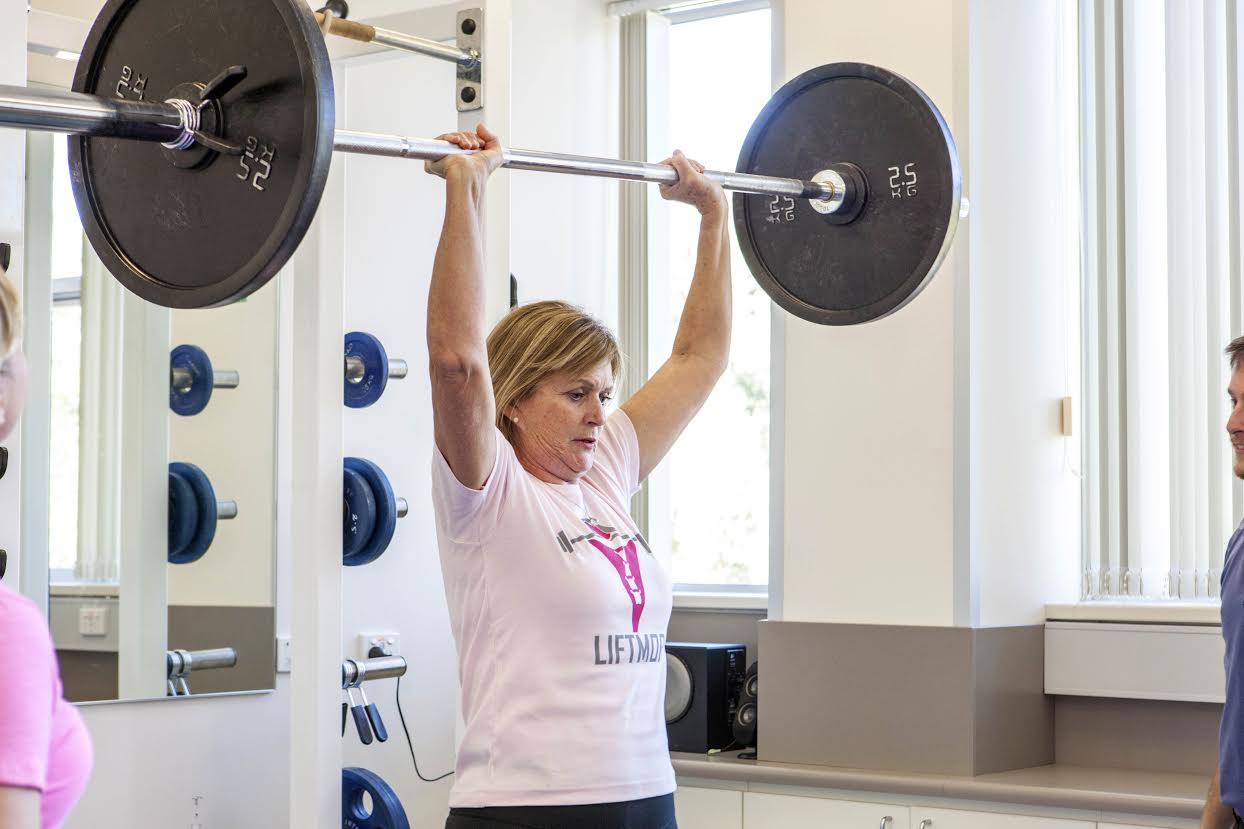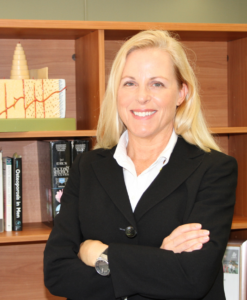
Clinicians are being encouraged to refer patients with osteoporosis to a heavy lifting exercise program to improve bone health and reduce the risk of fragility fractures which can occur from minimal trauma such as a fall.
Those fractures can dramatically reduce quality of life, lead to a loss of independence, and increase risk of an earlier death.

Professor Belinda Beck and her research team of Dr Amy Harding and Julian Currie in Griffith University’s School of Health Sciences and Social Work are conducting the STOP FRACTURE! study, aiming to reduce the number of fragility fractures in Australians over the age 45.
“Osteoporosis is a silent epidemic and unfortunately most people don’t even know they have low bone mass until they fracture doing something innocuous,” Professor Beck said.
“Our study is looking at upgrading the osteoporosis model of care to include referral to an exercise program that we have shown, in clinical trials here at Griffith, builds bone and improves muscle strength and other risk factors for fracture.
“The exercise involves lifting weights, which doctors tend to avoid because people with osteoporosis can be quite frail, but we have found it is safe and effective if supervised closely.”
The goal of the STOP FRACTURE! study is to increase doctor awareness of this effective exercise program, called Onero, for osteoporosis and to determine whether this greater awareness increases referrals and prevents fragility fractures.
The Bone Clinic is a translational research clinic established to implement Onero into clinical practice with ongoing patient monitoring to determine if it is safe and effective in the real world.
Nearly nine years on, the results speak for themselves.
“We have patients in their 20s to those in their 90s lifting weights and the effect is always incredible,” Professor Beck said.
“This program has a strong emphasis on prevention because we know once you’ve had your first fracture, you’re four times more likely to have another.
“But we have lots of people lifting weights who have already had multiple fractures, and they are going great guns too.
“In the STOP FRACTURE! study, we’re working closely with doctors in hospitals and medical practices to establish a sustainable referral pathway so we can continue to help people to prevent fractures into the future.”
Professor Beck received a $1.4 million MRFF grant for her STOP FRACTURE! Project, which stands for Strength Training for Optimum Prevention of Fracture: Refocussing a Clinical Paradigm that Underutilises Recognised Effective Therapy.
More information on the program can be found here.






